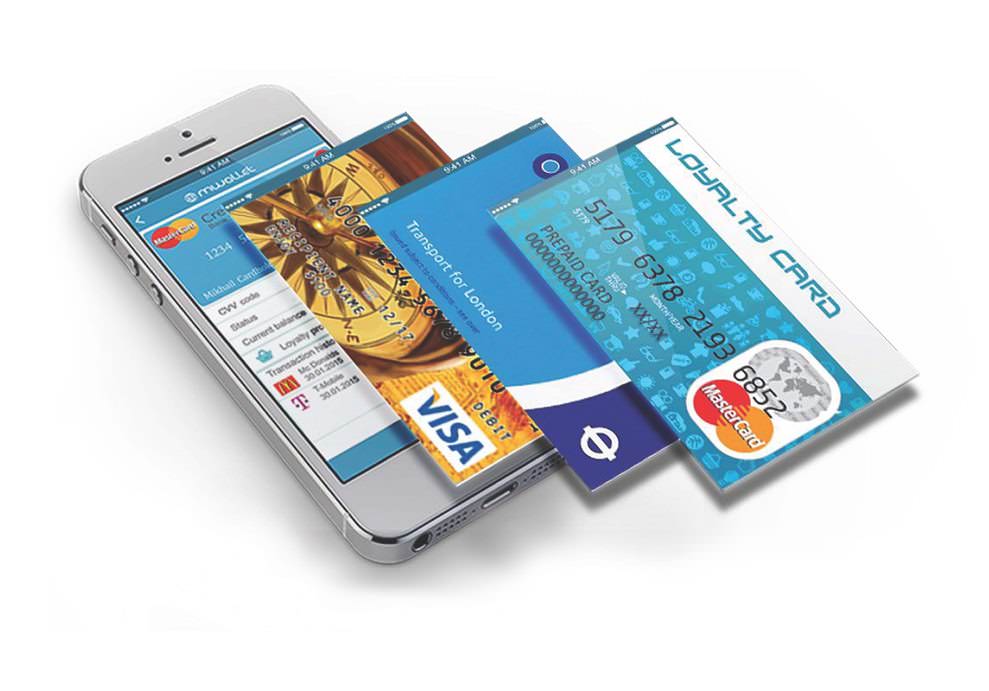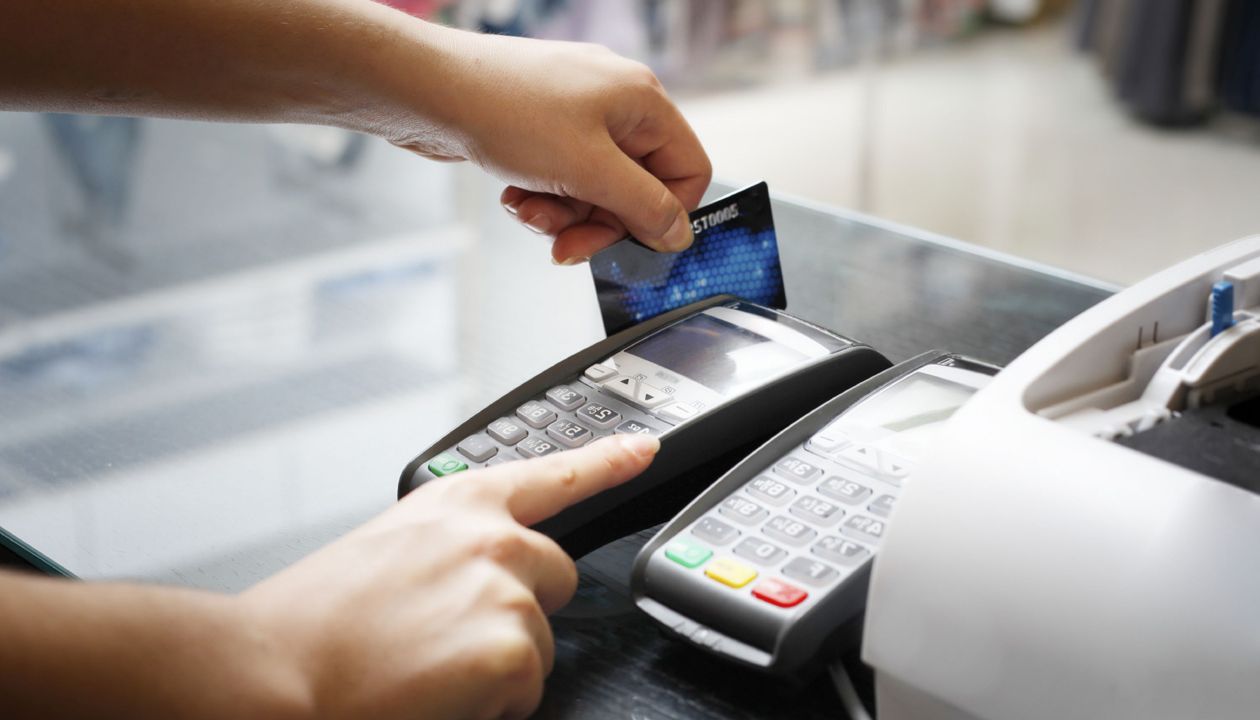
The Definition of a Digital Wallet, and How They Work
Mobile phones have gotten a lot smarter since the age old Nokia phones, and Razer flip phones of yesteryear. Today’s phones have the power of a small computer inside them, and are capable of managing a great deal of our lives. That’s why digital wallets have begun to catch on in the United States.
Digital Wallets Defined
A digital wallet is a system that uses data and encryption to store a user’s financial information, which is tied to an account with a username and password. That’s the simple definition, but digital wallets offer a lot of functionality. They can be used to pay for goods through almost any merchant service provider, and they can help users transfer money to one another without paying exorbitant fees. Some are accepted in many countries, enabling contractors from those parts of the world to easily find and get paid for work done online.
Function and Benefits
Digital wallets are kind of an all-in-one system. They are useful to help pay for goods, but they are also helpful for businesses. Digital wallets can store coupon codes for users, which encourage customer and brand loyalty.
They are also very secure. It’s difficult for a hacker to steal information during a transaction, without access to the user’s phone. This is because encryption makes each transaction anonymous, using data and algorithmic schemes to act as a method for identifying someone making a purchase.
Digital wallets haven’t completely supplanted cash purchases, but they may one day be the primary method of paying for goods and services around the world. In doing so, they may help cut down on inconveniences such as changing currencies when you arrive in a new country.



